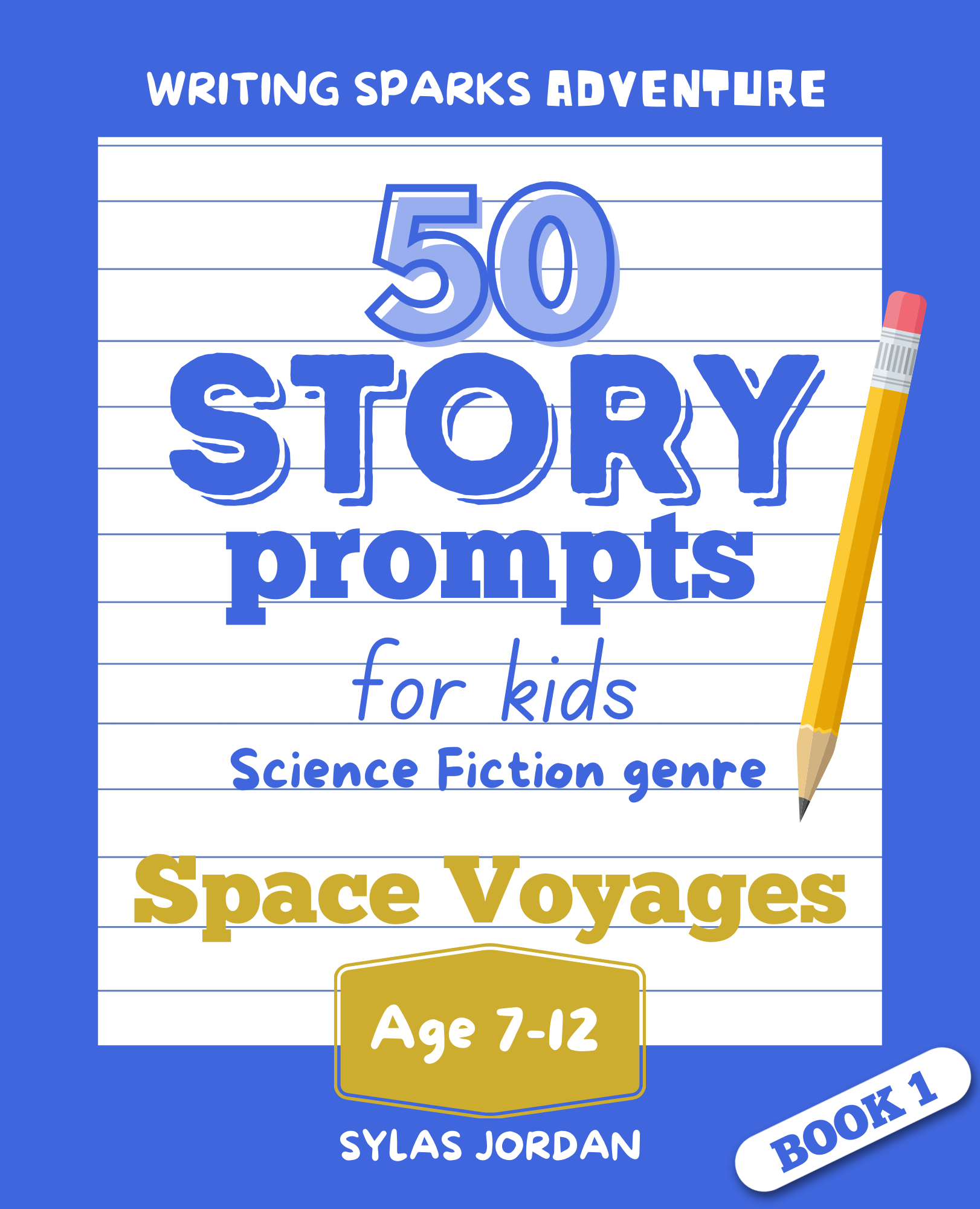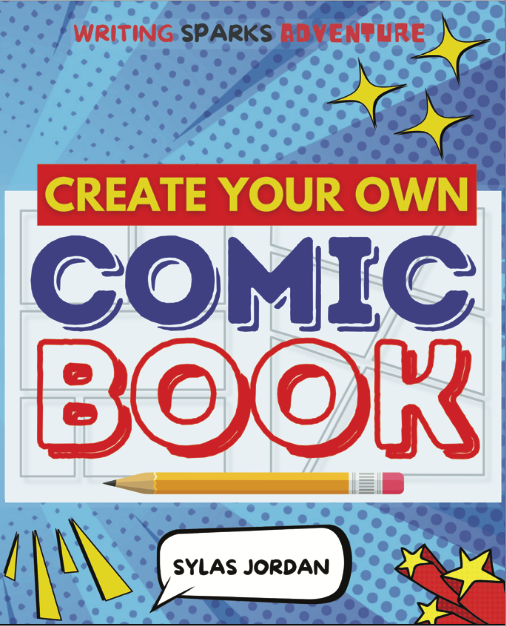The Power of Reading in Enhancing Writing Skills
In today’s fast-paced world, where the emphasis on children’s education is paramount, understanding the profound impact of reading on their writing skills is essential. For professional and homeschooling parents, finding time-effective and engaging methods to bolster their children’s educational journey is a top priority. Reading, as a fundamental pillar of learning, plays a crucial role in this developmental process.
The influence of reading on writing skills in children is not just about vocabulary expansion or grammar proficiency. It delves much deeper, shaping their cognitive abilities, creative thinking, and emotional intelligence. As highlighted by the BookTrust, an organization dedicated to children’s literacy, reading is a powerful tool that can overcome social inequalities, enhance mental well-being, and foster academic success across various subjects. It’s not just about learning to read but reading to learn, to imagine, and to understand the world and oneself in it.
But why is this connection between reading and writing especially significant for children? The answer lies in the transformational journey a child undergoes when they engage with a story. Through reading, children are not only encountering words and sentences; they are immersing themselves in diverse experiences, cultures, and emotions. This exposure broadens their perspective, enriches their vocabulary, and, most importantly, ignites their imagination. It’s in this imaginative space where the seeds of great writing are sown.
In this article, we explore the multifaceted benefits of reading on children’s writing skills. We delve into the ways parents, regardless of their hectic schedules, can effectively integrate reading into their children’s lives, thereby unlocking doors to creativity and academic prowess. As we journey through this exploration, remember, every book opened is a new adventure and a step forward in your child’s writing journey.
Understanding the Link Between Reading and Writing in Children
The intricate relationship between reading and writing in children is a fascinating area, pivotal for their cognitive and academic growth. Reading is not just a passive activity; it is an interactive process that lays the foundation for writing skills. This connection, often underexplored, holds immense potential in shaping a child’s literacy journey.
The Science Behind the Synergy
- Studies and Research Insights: Academic research, including the paper on Springer, has shown a direct correlation between storybook exposure and language skills development in children. This exposure significantly influences both lower and higher-level language skills, essential for writing.
- The Role of Storybook Exposure: Engaging with storybooks exposes children to a rich tapestry of vocabulary, narrative structure, and creative expression, all of which are critical in writing development.
The Emotional and Cognitive Impact
- Building Empathy and Understanding: As the National Literacy Trust points out, reading to children enhances their empathy and understanding of the world, which is reflected in their writing.
- Stimulating Imagination and Creativity: Reading stories not only feeds a child’s imagination but also encourages creative thinking, an essential skill for expressive and effective writing.
Practical Implications for Parents
- Incorporating Reading in Daily Life: Making reading a part of daily routines can have a profound impact on writing skills. This practice doesn’t have to be time-consuming; even short, consistent reading sessions can yield significant benefits.
- Choosing the Right Reading Material: Selecting age-appropriate and engaging books can make reading a joy rather than a chore, thus fostering a natural interest in writing.
In essence, understanding the relationship between reading and writing in children is crucial for parents who aim to enhance their children’s educational outcomes. By embracing the power of reading, parents can unlock their children’s potential in writing, setting them on a path of lifelong learning and success.
Practical Tips for Busy Parents
Incorporating Reading into Daily Routines
Integrating reading into busy family schedules can be challenging yet rewarding. Start by setting aside a specific time each day for reading, even if it’s just 10-15 minutes. Bedtime is a classic choice, offering a calm moment for a story. Alternatively, incorporate reading into daily activities, like reading recipes together during meal prep or signs during a walk. Audiobooks can be a great resource for car rides or while doing chores. As the National Literacy Trust suggests, making reading a shared activity not only enhances literacy but also strengthens family bonds.

Choosing the Right Materials
Selecting the right reading materials is crucial for sparking a child’s interest in reading and writing. Opt for age-appropriate books that align with your child’s interests. For younger children, picture books with vibrant illustrations can be engaging, while older children might prefer chapter books that explore more complex stories. The CPD Online College article recommends including a variety of genres to expose children to different writing styles. Libraries and bookstores often have age-specific recommendations, and many offer online resources for selecting books. Remember, the goal is to make reading enjoyable, laying the foundation for a lifelong love of books and writing.
The Role of Imagination in Reading and Writing
Fostering Creativity Through Reading
Reading various genres plays a pivotal role in enhancing a child’s imagination, which is crucial for developing their writing skills. When children explore different genres, from fantasy to historical fiction, they are exposed to diverse worlds, characters, and narratives. This exposure broadens their creative horizons, inspiring them to think beyond their everyday experiences. As the Teach Early Years article suggests, integrating literacy into various activities can make learning more interactive and fun, further stimulating their creative thinking.

Encouraging Storytelling and Writing
Encouraging children to narrate or write their own stories is an excellent way to use reading as a springboard for writing. Parents can start by discussing the books they read together, asking open-ended questions about the story, characters, or setting. This practice helps children think critically and creatively about the narratives they encounter. Additionally, creating a ‘story corner’ at home with accessible writing tools can inspire children to pen their stories. As indicated in the Teach Early Years article, activities like making books can be an engaging way to encourage young writers, blending the art of storytelling with the physical act of writing.
Leveraging Technology and Resources
Educational Apps and Online Tools
In the age of digital learning, leveraging technology can significantly enhance children’s reading and writing skills. Educational apps and online tools offer interactive and engaging ways for children to practice and develop these skills. For instance, apps that turn reading into a game can make learning more fun and less intimidating for children. Online platforms provide access to a vast library of books catering to different interests and reading levels, as mentioned in the High Speed Training article. These resources often include interactive elements like quizzes and games to reinforce learning. Additionally, writing apps can help children organize their thoughts and improve their writing structure, making the process more approachable and enjoyable.
Joining Online Communities and Groups
Engaging with online communities and groups focused on child education can be a game-changer for parents and educators. These platforms offer a wealth of resources, advice, and support, facilitating a deeper understanding of how to nurture reading and writing skills in children. The BookTrust emphasizes the collective effort in encouraging children’s literacy. By participating in these communities, parents gain access to diverse perspectives and strategies, enriching their approach to their child’s literacy journey. Additionally, these groups often share the latest research, reading materials, and creative ideas, making them invaluable for staying informed and inspired.
Empowering Your Child’s Educational Journey
In this journey of empowering our children’s educational paths, we must recognize the immense value of nurturing their reading and writing skills. As we have explored, the impact of reading extends far beyond the pages of a book—it’s a gateway to developing robust language skills, fostering creativity, and enhancing cognitive abilities. The role of technology and online communities, as tools and resources, further enriches this learning experience.
Parents, as facilitators of this journey, have the unique opportunity to instill a lifelong love for reading and writing in their children. By incorporating reading into daily routines, selecting engaging materials, and leveraging digital tools, we can create a nurturing environment that fosters both imagination and critical thinking.
Remember, every story read, every word written, is a step towards building a strong foundation for your child’s future. The efforts you invest today in encouraging reading and writing will pay dividends in their overall development, academic success, and personal growth. As we conclude, let’s embrace this mission with enthusiasm, knowing that in doing so, we are opening up a world of possibilities for our children. Their educational journey is not just about learning; it’s about thriving in every aspect of their lives.
Unlock your child’s imagination and writing skills with our exclusive freebie! Sign up now and receive a delightful PDF activity book featuring sample prompts from our popular Mystery genre, creative ‘create your own comic’ pages, and a special preview of the first two chapters of ‘Gerty and Lily Find Great Grandmother’s Magic Book.’ This engaging collection of activities and stories is designed to inspire young minds and enhance their reading and writing journey. Don’t miss out on future insights and offers – subscribe to our blog today and embark on a magical literary adventure with your child!
References
- BookTrust. (2023). “How does reading benefit children?” [Online]. Available: https://www.booktrust.org.uk/news-and-features/news/news-2023/how-does-reading-benefit-children/.
- National Literacy Trust. “Reading to children is so powerful, so simple and yet so misunderstood.” [Online]. Available: https://literacytrust.org.uk/blog/reading-children-so-powerful-so-simple-and-yet-so-misunderstood/.
- CPD Online College. “Why is Reading Important for Children?” [Online]. Available: https://cpdonline.co.uk/knowledge-base/safeguarding/reading-for-children/.
- Teach Early Years. Coulson, G., & Cousins, L. “Early Reading & Writing Skills.” [Online]. Available: https://www.teachearlyyears.com/learning-and-development/view/early-reading-writing-skills.
- High Speed Training. “Why is Reading Important for Children? | Developmental Effects.” [Online]. Available: https://www.highspeedtraining.co.uk/hub/why-is-reading-important-for-children/.
Sources for further reading and context for the topics discussed in this article.





